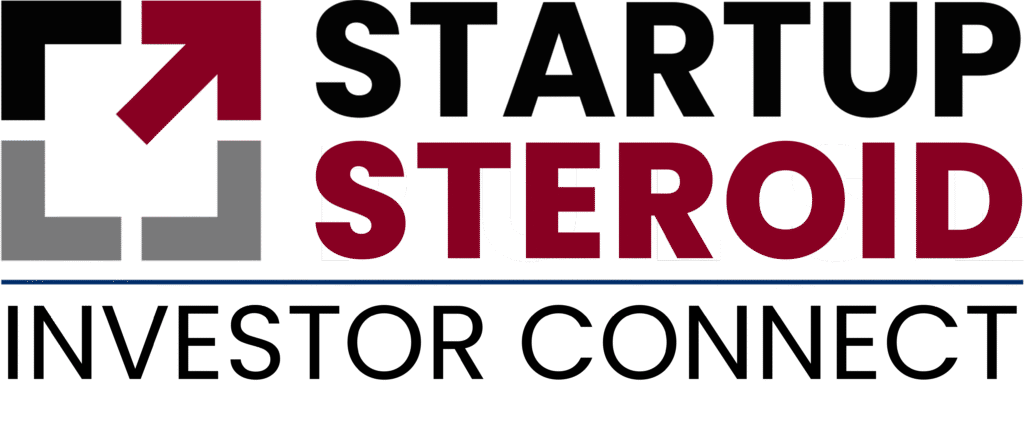Starting a company often starts with personal conviction—and the conviction that others have in you. For most founders, that conviction first manifests itself as money from family and friends. That phase of fundraising for a startup is typical, but it’s also fraught with peril if not managed well.
While the process may seem informal, structuring a friends and family round with clear terms and good practices is essential to avoid complications later, both legally and personally.
Treat It Like a Real Investment
Just because it involves people close to you doesn’t mean it should be casual. One of the most prominent mistakes founders make is skipping formalities because they assume friends and family won’t need them. That assumption can lead to significant problems down the line.
Make it clear whether the money is a loan or an investment. If it’s a loan, there should be a defined repayment plan and an agreed interest rate. If it’s an investment, you need to decide what they’re receiving in return—whether it’s equity, a future stake through a SAFE (Simple Agreement for Future Equity), or another option. Regardless of the arrangement, it must be documented and signed in writing.
Taking the time to do this correctly shows you’re serious and professional, even at this early stage.
Be Honest About the Risks
When you’re fundraising for a startup, especially in its infancy, there are no guarantees. That’s something your investors—no matter how close they are—need to understand. Friends and family may not have experience with startup investing and might assume they’ll get their money back soon.
It’s your job to be upfront. Make sure they understand that investing in your business is not a guarantee—it might not yield returns for a very long period, or they could not get a return back. Let them know when it can take before the business is profitable or raises additional funds. Being honest about this prevents false hope and keeps things a healthy, honest relationship.
Define How Much You Need and Why
There can be overspending or under-delivery from fundraising that is not directed towards an explicit target. Determine how much capital you require and how you plan to utilize it prior to venturing out and looking for assistance. Whether you’ll use it to make a prototype, test a product, or support your first employee, your donors should know how their money will bring the process forward.
This approach not only helps you focus your spending but also shows that you’re being responsible with your investment. Even if you’re only raising a small amount, clarity adds confidence. Investors in the future will also look at how you handled this round before they decide to join the team.
Stay Within Legal Boundaries
Fundraising—even at the friends and family stage—is still subject to legal guidelines. Depending on where you’re based, there may be rules around who can invest and how. It’s easy to overlook these details in the excitement of getting started, but doing so can create serious issues later.
To keep things simple, refer to a lawyer or financial advisor. Make sure that your round structure is in conformity with your local regulatory framework. When your startup succeeds and starts raising from venture capitalists or angels, it will be much easier after having a clean and well-documented early round.
Keep Business and Personal Finances Separate
Mixing personal and business finances is a red flag for any company. Even in the earliest days, open a business bank account and handle all transactions through it. When money from friends and family starts coming in, it should be deposited directly into this account, not yours.
Doing this creates a clear record of how funds were received and spent. It also signals that you’re running the startup professionally, even if your investors are people you’ve known your whole life. Keeping books clean up front will save you headache later, especially when reporting to new investors or trying to find funding.
Maintain Communication After the Round
After the round is closed, don’t vanish. Keeping your initial investors in the loop is a part of having a professional relationship. They may not expect regular reports, but an occasional update every couple of months keeps them in the loop and engaged with your progress.
Let them in on how things are going with the business, explain what’s been done, and what the next steps will be. This openness engenders confidence and demonstrates that their support matters. It also gets them prepared to spread the word about your startup to others, including future potential investors.
Conclusion
A friends and family round is often the first stepping stone in fundraising for a startup. How you structure it sets the tone for your company’s future fundraising efforts. If it’s done well, it can build credibility and trust—not just with those closest to you, but also with future investors who will examine how you handled your earliest round.
This stage should be taken seriously. By combining personal trust with professional structure, you protect your relationships and your business. Fundraising for a startup begins with faith, but it’s the processes and accountability you establish that make it grow.





